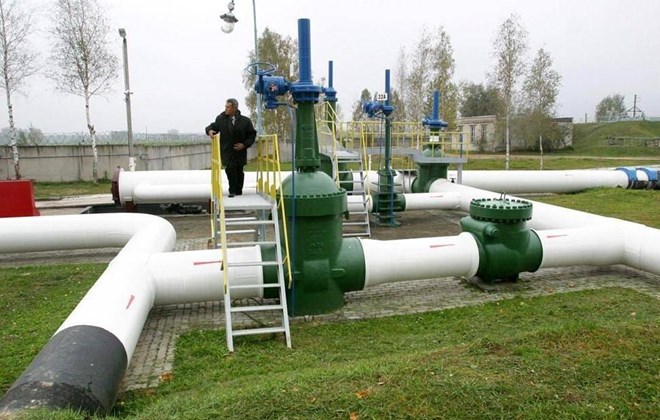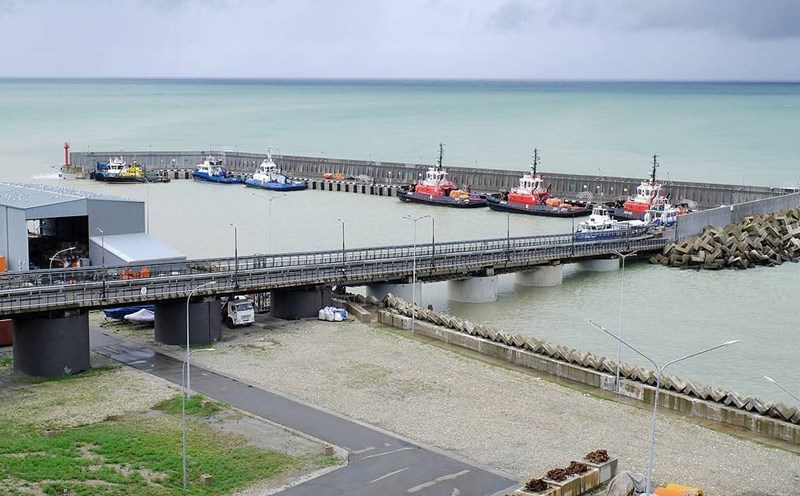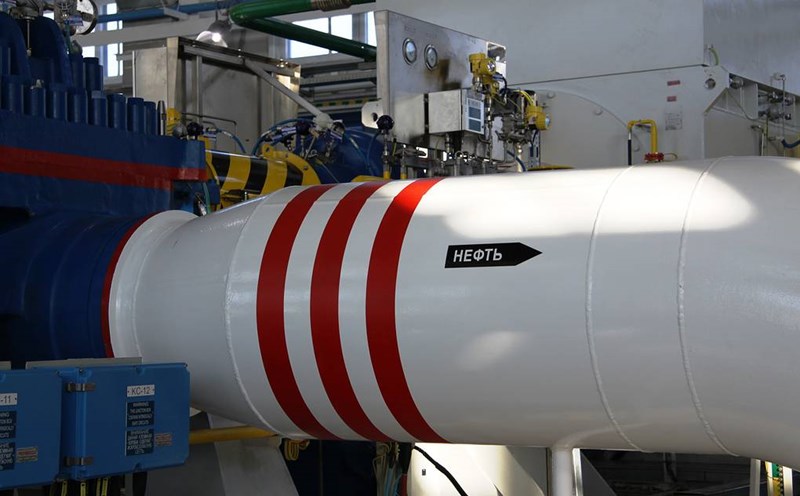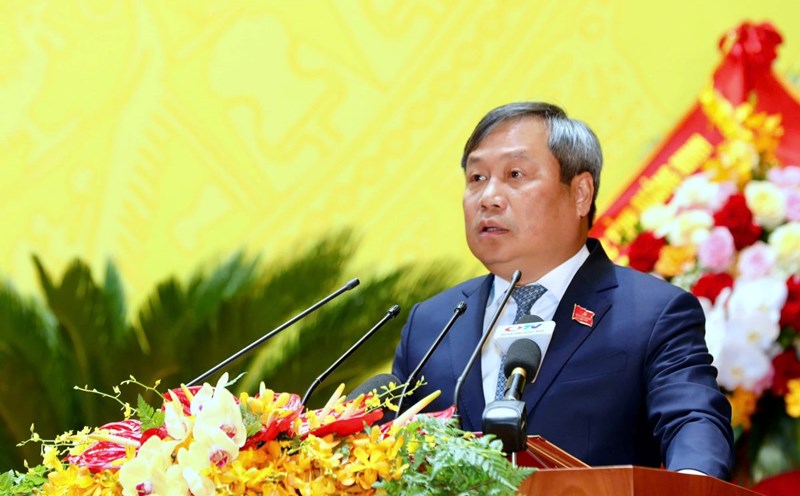On September 26, speaking at the White House, US President Donald Trump said Turkey was re ready to stop buying Russian oil. When asked if President Recep Tayyip Putin would agree, Trump refused to answer directly but stressed: "If I want him, he will. I believe he can stop that. Because he can buy from many other sources.
President Trump affirmed that Turkey, one of Russia's important energy partners, has the ability to diversify supply. However, he also admitted that this would be much more difficult for Central European countries such as Hungary and Slovakia - which are almost entirely dependent on Russian crude oil.
This assessment was made in the context of the US continuing to increase pressure on its allies to reduce dependence on Russian energy. Since the conflict in Ukraine, the US has repeatedly called on Europe to seek alternative sources from the Middle East, Latin America or the US itself, in order to weaken Moscow's oil and gas export revenue.
However, observers believe that Mr. Trump's statement is more political than practical. Turkey remains a major energy transit hub in the region, and has strategic benefits in maintaining relations with both Russia and the West. The country has also recently increased its oil purchases at reduced prices from Russia to offset domestic demand.
According to data from the International Energy Agency (IEA), Russia will still account for more than 40% of Turkey's oil imports in 2024. If Turkey does indeed cut imports from Moscow sharply, it will face a major challenge in finding a stable alternative and competitive prices.
Meanwhile, Hungary and Slovakia have repeatedly stated that they cannot immediately stop using Russian oil because their current refining infrastructure is only compatible with crude oil from the Druzhba pipeline. That has led to frequent conflicts between the two countries with EU sanctions against Russia.

Mr Trump's statement about Turkey is seen as a move to strengthen a tough stance on Russia, while sending a message to NATO allies about the US's "determination" to tighten Russia's energy revenue.











